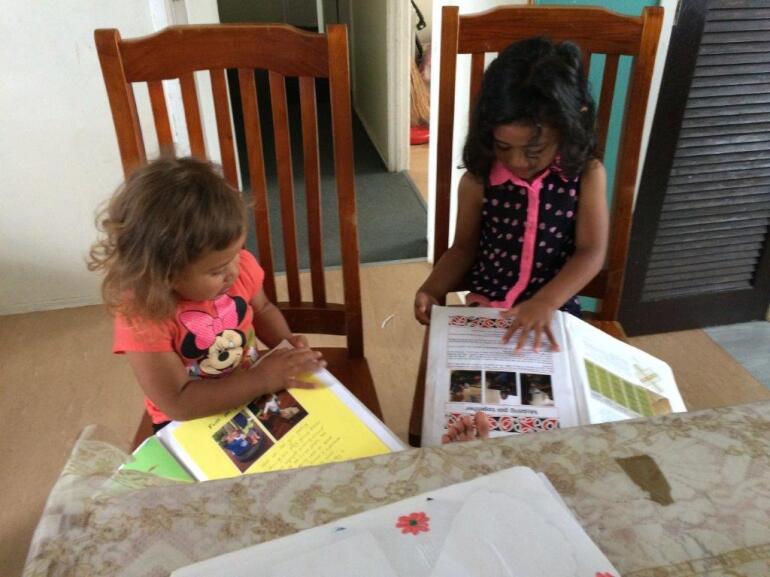News And Events

Supporting Children In Care
26 October 2017The Ministry of Education has produced a document “Supporting Children in Care”. This guide was designed to assist Kaiako working with children who may have experienced a trauma and the challenges that may present. There are some relevant tips to support all children in care that Nurtured at Home actively promotes in a homebased environment.
A child’s early experiences play an important role in their ability to learn and to build relationships with others. The Ministry of Education notes “A secure relationship with a main caregiver, enables babies and young children’s optimal physical, emotional and intellectual development.” At Nurtured at Home, our low ratios mean infants and young children enjoy quality interactions with their main Educator in an unhurried, relaxed and nurturing home environment.
Here are some tips for children in care to provide them with a sense of belonging and feeling safe, valued and acknowledged:
- First and foremost, the child needs to know they are wanted and valued as part of the community. Educators greet children by name and demonstrate an interest in them.
- Listen to them. Educators show they are listing and understanding their wants, needs and emotions using both verbal and non-verbal means of communication.
- Use consistent positive behavioural guidance. Educators encourage and include children to participate as and when they are ready and provide alternative choices when necessary. This is supported by Nurtured at Home’s Positive Guidance Policy.
- Acknowledge successes regularly. Overheard praise can be very powerful. Celebrate success in ways that are meaningful and unique, but don’t overwhelm. Educators use language such as “I can see you have tried hard to make that work”, “Well done”, or “I like that you are helping your friend, thank you”. Educators also provide daily updates to families and use phrases such as “he was very caring today towards the other children”, or “she worked really hard to put this puzzle together”.
- Be approachable. Educators use body language to show that they are there for children in care, and use positive language to support children to feel safe and secure.


